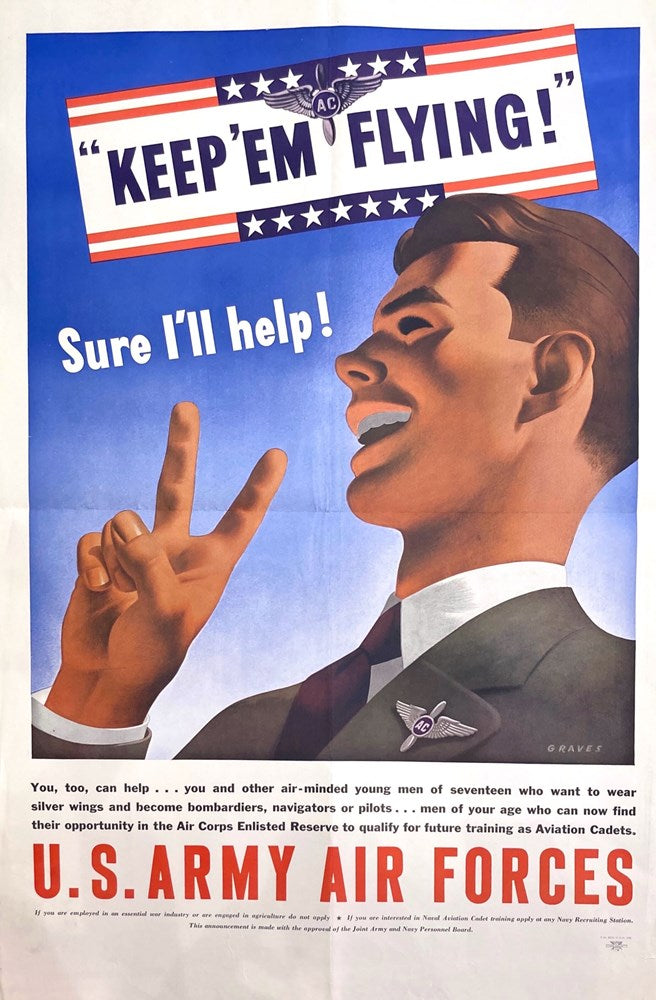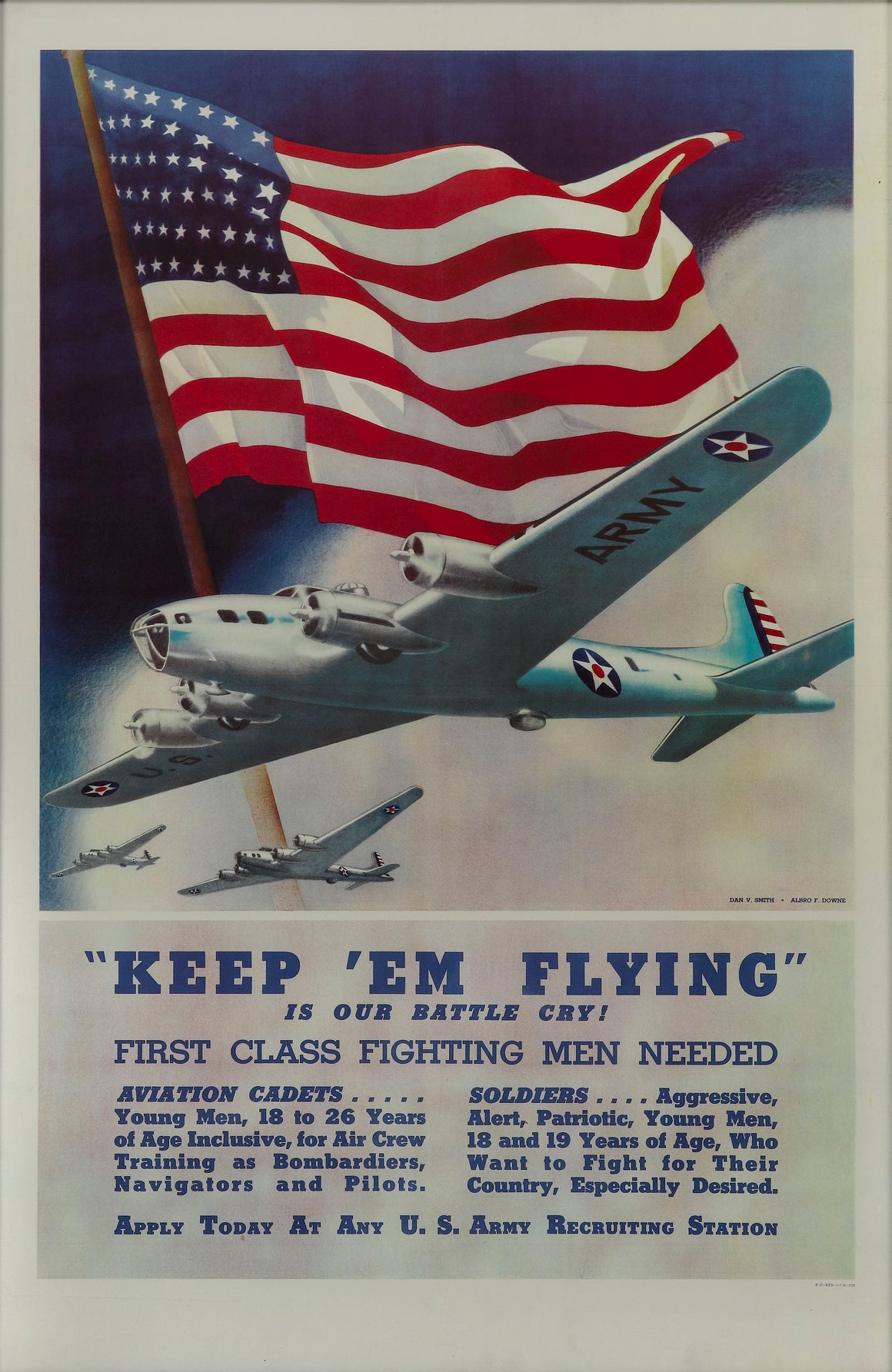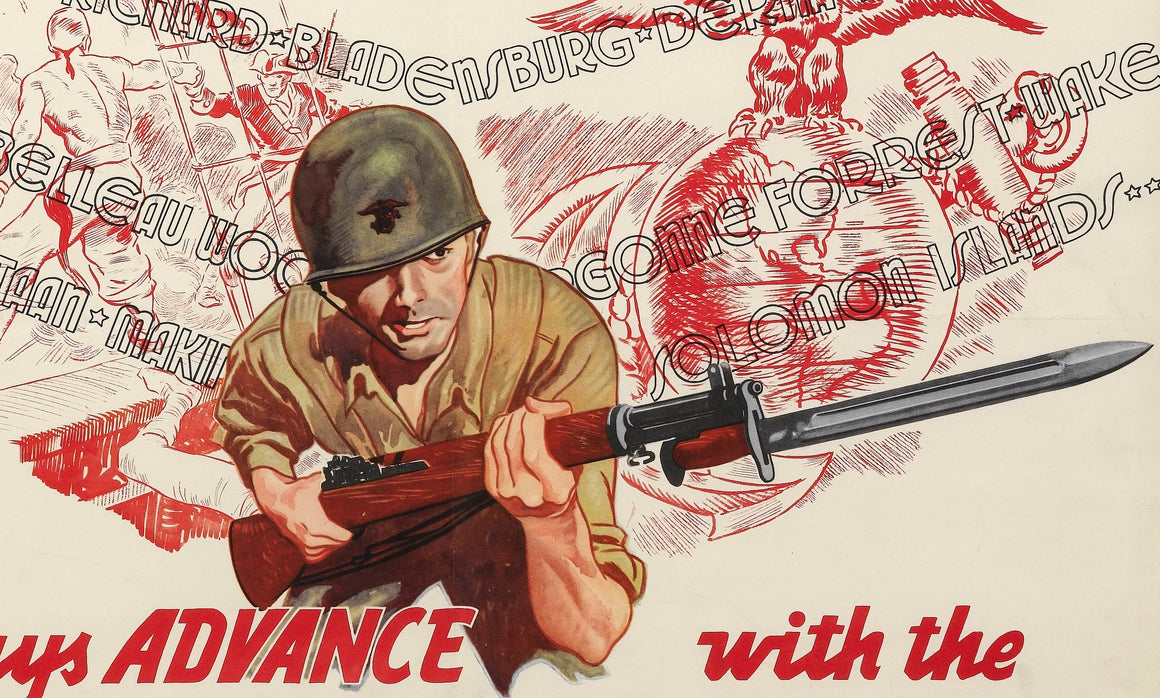McClellan's Own Story: The War for the Union by George B. McClellan, First Edition, 1887
$1,850.00
McClellan, George B. McClellan’s Own Story: The war for the Union, the soldiers who fought it, the civilians who directed it, and his relations to it and them. New York: Charles Webster, 1887. First edition. Illustrated with steel plate engravings and maps. Rebound in quarter navy leather and cloth boards, with raised bands, gilt tooling, and titles to the spine, new marbled endpapers, and a new archival cloth slipcase.
Presented is the first edition of George B. McClellan Civil War memoir, McClellan’s Own Story: The War for the Union. The memoir was published posthumously in 1887 by Charles Webster, in New York. It is presented rebound in stunning quarter navy leather and cloth boards, with raised bands, gilt tooling, and titles to the spine, and new marbled endpapers. The book comes with a new archival cloth slipcase, with an inset image of McClellan on the front.
General George B. McClellan is one of the most controversial figures of the American Civil War. His chief contribution to the Union cause was his brilliant ability to organize and train troops. Yet he proved to be an overly cautious and indecisive General. Despite early wins in West Virginia, McClellan began to fear the Confederate Army’s growing size and strength. He grew increasingly hesitant to engage without more men or resources and disagreed with many of Lincoln’s war decisions. As a result, McClellan was removed as General-in-Chief in the spring of 1862, though he retained command of the Army of the Potomac. After the Battle of Seven Pines, a hasty retreat to Washington after the Seven Days Battles, and the epic contest at Antietam, McClellan was removed from all command in November of that same year. He went on to become the unsuccessful Democratic Party nominee in the 1864 presidential election against the Republican Lincoln.
Criticized after the Civil War, McClellan never publicly defended his actions as commander of the Union army. In this book, however, his memoir provides his answers to the many critics. Using a combination of military documents, his own field records, and letters, McClellan does not attempt a full autobiography but instead focuses on his short time as General. He uses this work as a platform to defend his conduct, actions, and decisions. Some of the most important inclusions in this work, in addition to his primary defense of his war tactics, are his views on the causes and reasons for the Civil War, noting slavery and the Lincoln-Douglas debates as primary causes. This book includes letters to his wife, Nelly, that serve to reveal his pride as a general, as well as his feelings toward war.
This book also has interesting letter correspondence between McClellan and Abraham Lincoln, in which Lincoln questions McClellan’s decisions and reasoning for not following his tactical plans: “Wherein is a victory more certain by your plan than mine? Wherein is a victory more valuable by your plan than mine? In fact, would it not be less valuable in this: that it would break no great line of the enemy’s communication, while mine would? In case of disaster would not a retreat be more difficult by your plan than mine? Abraham Lincoln, to McClellan (p. 229)”
Filled with facsimile letters, illustrations, and maps, McClellan’s war memoir is well written and insightful. It offers a unique perspective into the thought patterns and lived experience of a high ranking Civil War general.
CONDITION:
Very good condition. Quarto. Rebound in quarter navy leather and cloth boards, with raised bands, gilt tooling, and titles to the spine, new marbled endpapers. Interior pages are healthy. Light toning from age and occasional foxing spots. Illustrated throughout with steel plate engravings, maps, and facsimile letters. Presented in a new archival navy cloth slipcase.
Book Dimensions: 9 3/8" H x 6 3/8" W x 2 1/8" D. Slipcase Dimensions: 9 13/16" H x 6 5/8" W x 2 1/2" D.
Share:
Related Items
Antiques
American-Made Goods
News & Updates
Sign up to get the latest on sales, new releases and more …
© 2024 The Great Republic. All Right Reserved.















